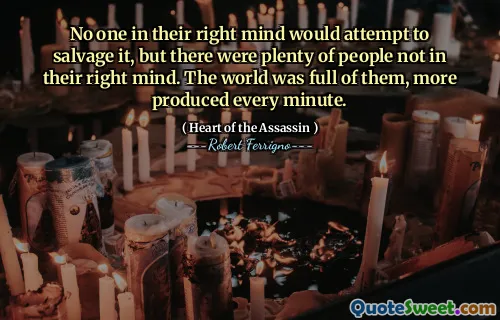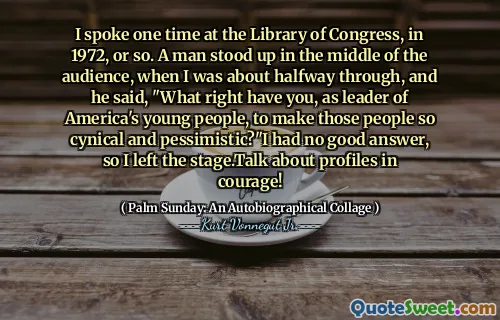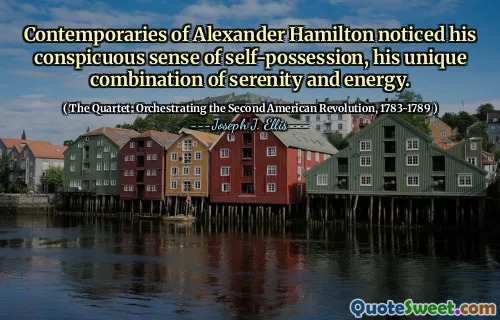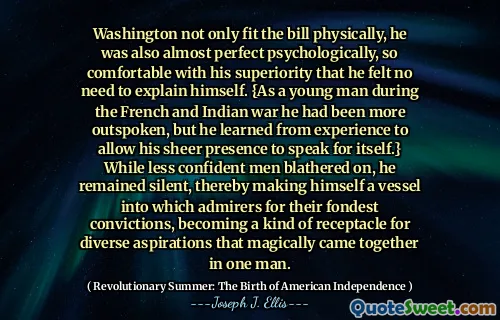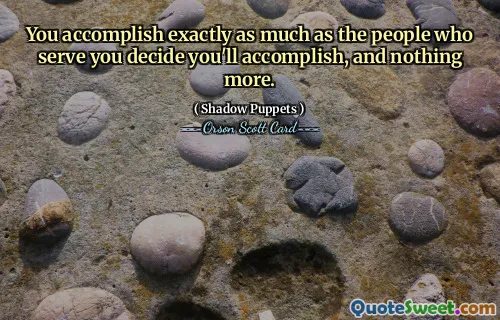
You don't correct a president. You merely compliment them on their wisdom in seeking your counsel.
This quote offers a nuanced perspective on power dynamics and communication, especially in hierarchical settings. It suggests that direct correction or criticism of a leader, such as a president, may be both futile and counterproductive. Instead, the preferred approach is to acknowledge the leader's wisdom or judgment, even if subtly, thereby maintaining respect and authority while influencing their decisions. This strategy reflects understanding of diplomacy, where subtlety and tact often yield better results than blunt honesty. In many political or organizational contexts, confronting a leader with criticism can provoke defensiveness or diminish their perceived authority. Conversely, offering praise, especially when framed thoughtfully, can reinforce positive behaviors and open channels for influence without risking conflict. The underlying message also hints at the importance of perception and strategic communication: leadership relies heavily on how support and feedback are delivered. When dealing with those in power, recognizing the balance between honesty and tact becomes essential. Such an approach fosters a cooperative environment, reminding us that the art of persuasion often lies in managing perceptions rather than solely emphasizing facts. Moreover, it underscores the reality of power hierarchies: subordinates often find more leverage through respectful counsel than through overt correction. The quote resonates with the broader idea that in leadership, humility, tact, and strategic praise can be more effective tools than direct confrontation, especially with influential figures. This insight is relevant across various domains, from politics and business to personal relationships, illustrating that humility and diplomacy are powerful instruments in navigating complex social dynamics.


